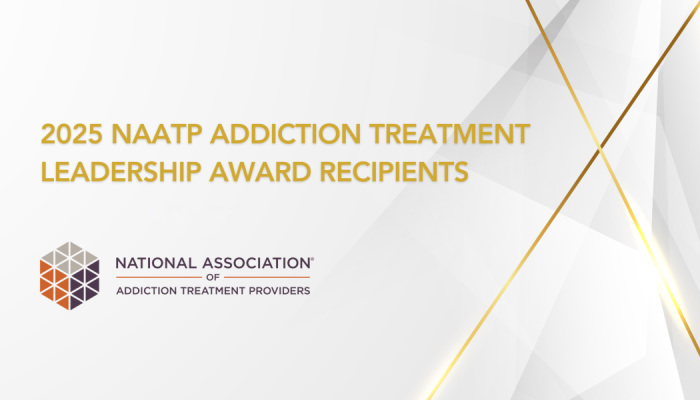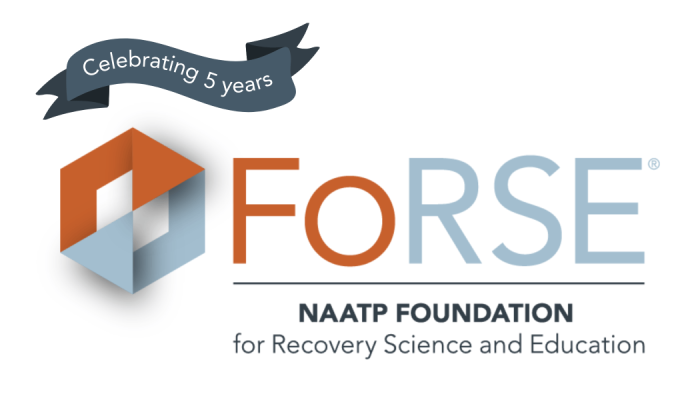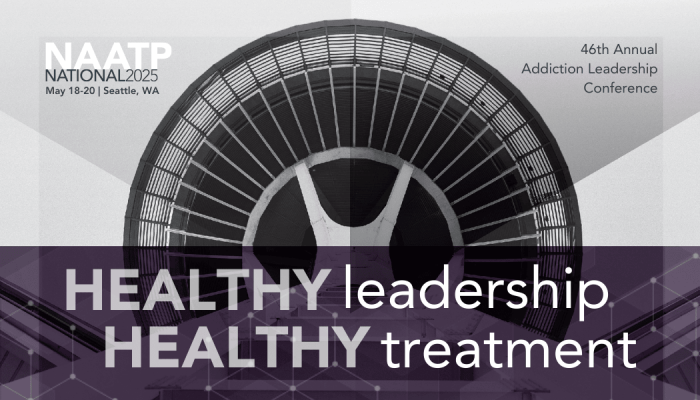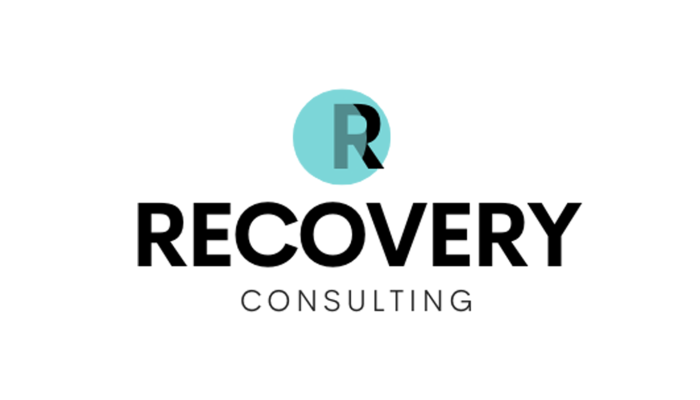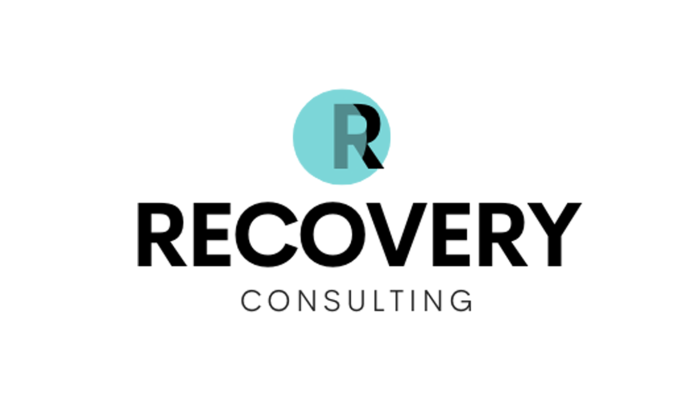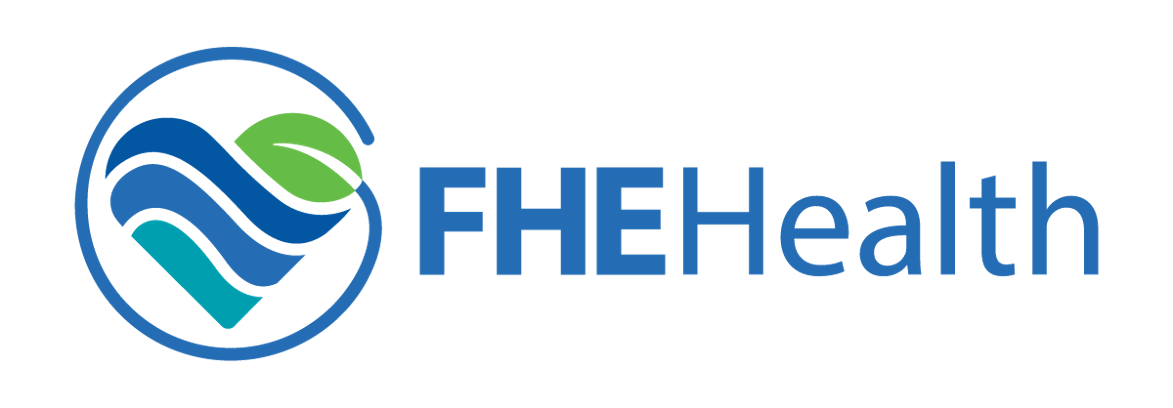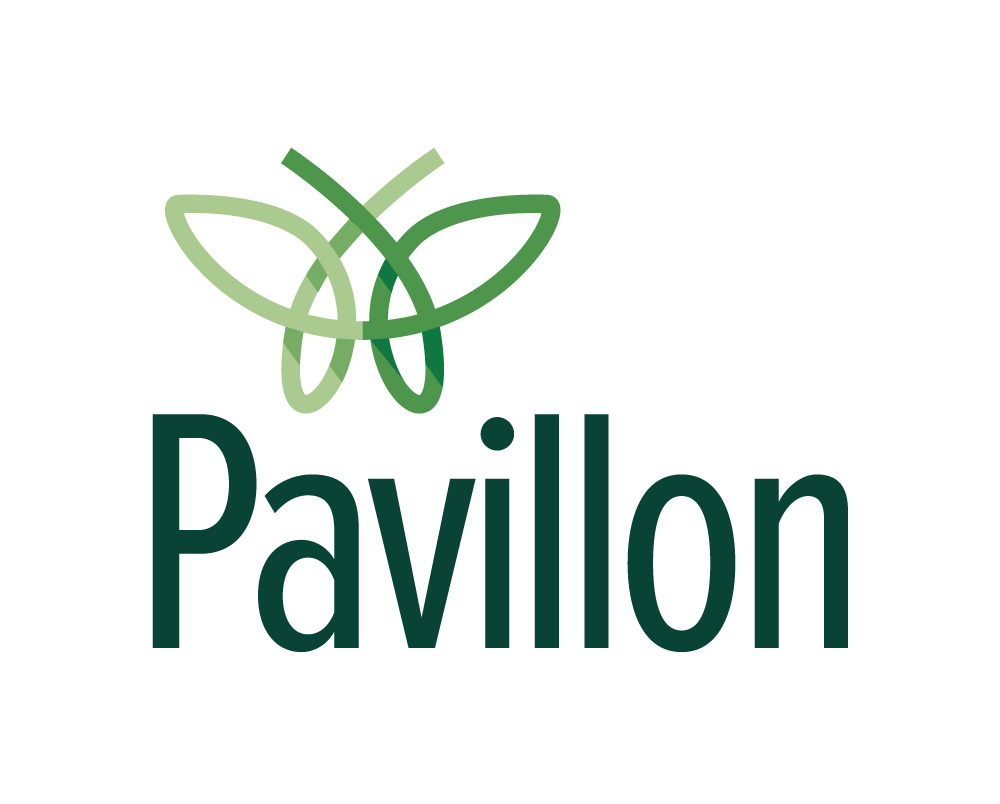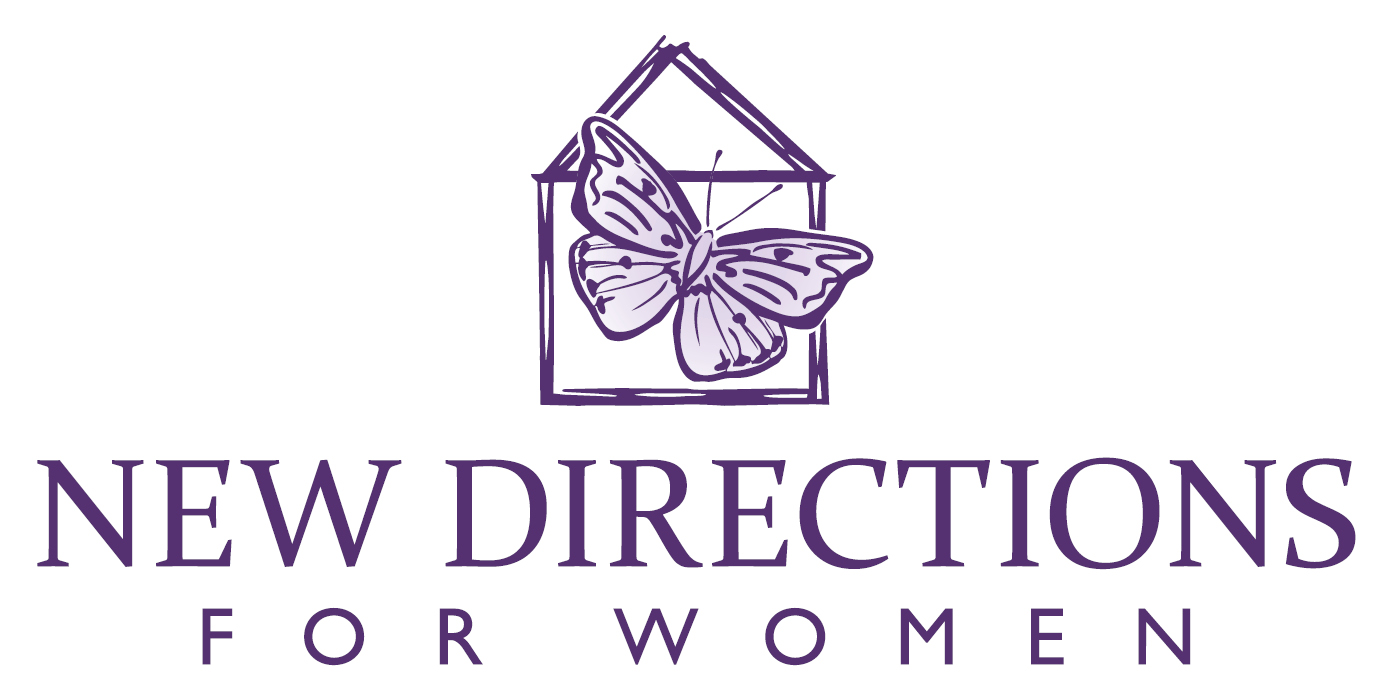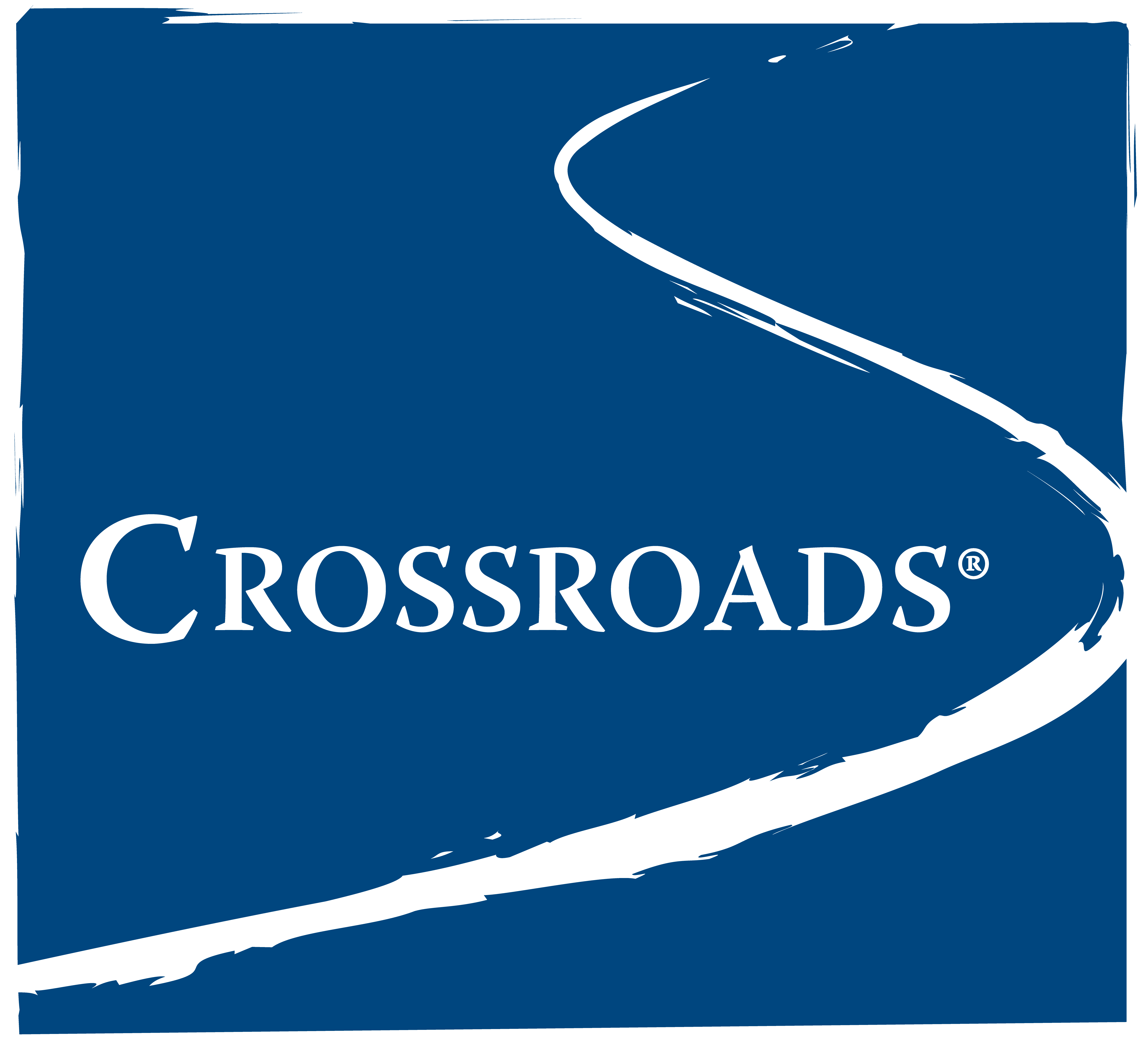Dec 21, 2017
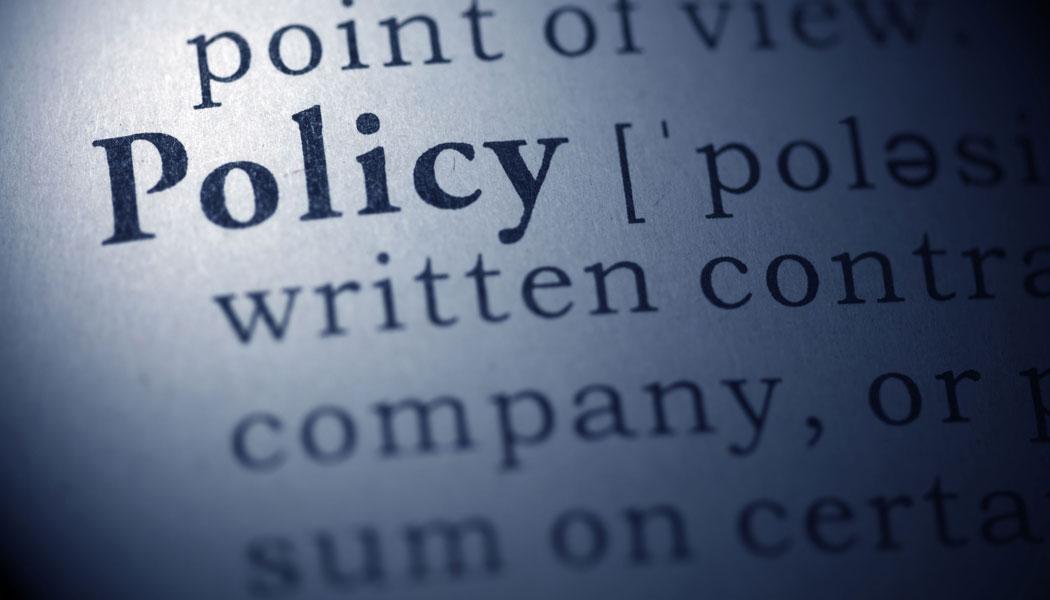
Second Analysis of Insurance Data Confirms Lack of Access to Mental Health and Addiction Treatment for Millions of Americans
WASHINGTON (PRWEB) DECEMBER 21, 2017
A newly released independent analysis of insurance claims data, the second such report this month, confirms that access to mental health and addiction treatment in the United States is fraught with discriminatory practices, pointing to violations of the bi-partisan Mental Health Parity and Addiction Equity Act signed into law by President George W. Bush nearly a decade ago. The new study, released on December 11 by RTI International’s renowned health economist, Tami Mark, PhD, corroborates a similar report released by the Milliman actuarial firm earlier this month, and reinforces that insurers aren’t living up to the letter or spirit of the parity law in two key areas: provider reimbursement rates and patient access to in-network providers. Both reports found, for in-network services, that psychiatrists and other addiction and mental health providers are paid less than physical health providers for services billed under the same codes. This new study also reveals that higher rates are paid to physical health doctors than to psychiatrists, even for patients whose primary diagnosis is a mental health condition.
“It’s very hard to imagine how the payment discrimination outlined in these reports is not a violation of the law, since parity requires that reimbursement rates for mental health and addiction treatment services be developed in a way that is comparable to, and no more stringent than, payments to physical health providers,” said Henry Harbin, MD, a psychiatrist and advisor to the Parity Implementation Coalition. “These payment disparities are leaving many mental health and addiction treatment providers with no choice but to opt out of insurance company networks, thereby forcing patients into costly out-of-network care.”
In the new report, Dr. Mark analyzed data from 30 million insured Americans, of which 3.8 million had a primary mental health or substance use diagnosis, and found that behavioral health patients typically pay twice as much, or more, when they receive treatment from out-of-network psychiatrists. The report also looked at a variety of factors influencing payments and access, including in-network versus out-of-network spending and “allowable” payment levels for the most common behavioral health procedures, which are known as “Evaluation and Management codes.” Dr. Mark’s research was based on data from Truven Analytics and funded, in part, by the federal Substance Abuse and Mental Health Services Administration (SAMHSA). The Milliman report released earlier this month was based on PPO claims data from insurers, and looked at 42 million insured lives. It was commissioned by the Bowman Family Foundation.
“In the wake of these two reports, it is clear that we simply do not have mental health and addiction parity in this country as our law and policy dictate we should,” said Marvin Ventrell, JD, Executive Director of the National Association of Addiction Treatment Providers and Parity Implementation Coalition Co-Chair. “These analyses show a pattern of insurers avoiding their obligations and then unfairly blaming mental health and addiction treatment providers for the problem of lack of care delivery. The American people are entitled to better. We need transparency and accountability from these companies, particularly at a time when opioid overdoses and suicides cause nearly 300 deaths every day.”
These two studies signal the urgent need to rectify payment disparities and persistent restrictions on access to in-network mental health and addiction treatment benefits which have, in fact, increased during the 10 years since the parity law was passed. Employers must insist on true parity from their insurers, and state and federal regulators must immediately conduct audits of the largest insurers and impose fines on those that sell non-compliant plans.
This release is issued by The Parity Implementation Coalition, as well as the American Foundation for Suicide Prevention, The Kennedy Forum, the National Alliance on Mental Illness, the National Association of Addiction Treatment Providers, National Association of Psychiatric Health Systems, The Legal Action Center, and the Treatment Advocacy Center.




